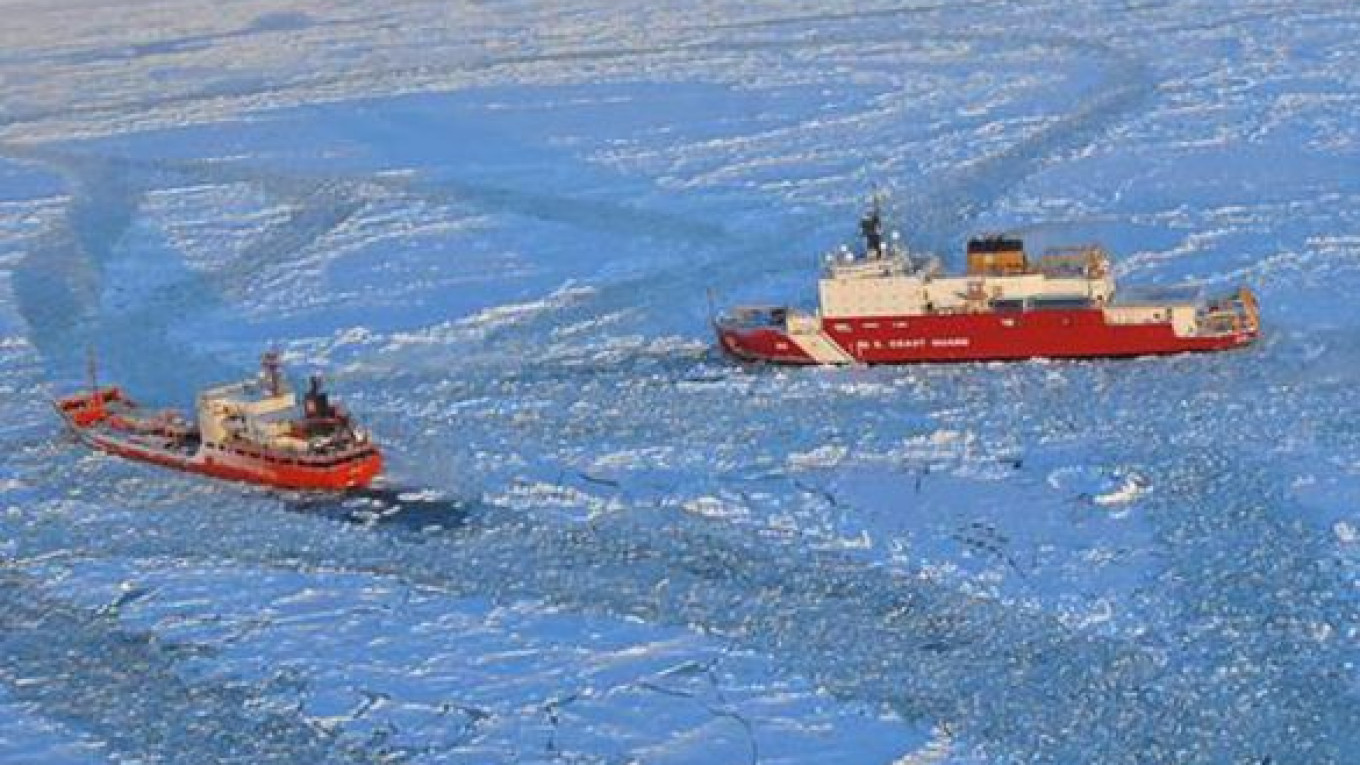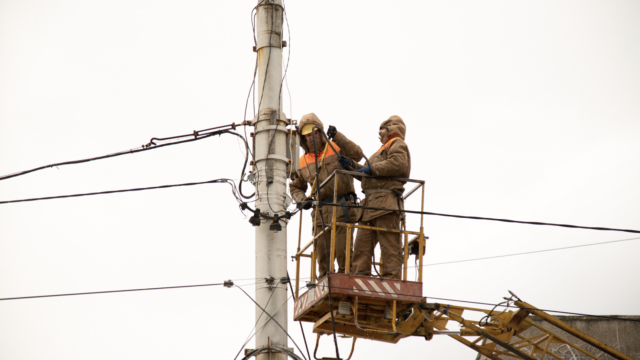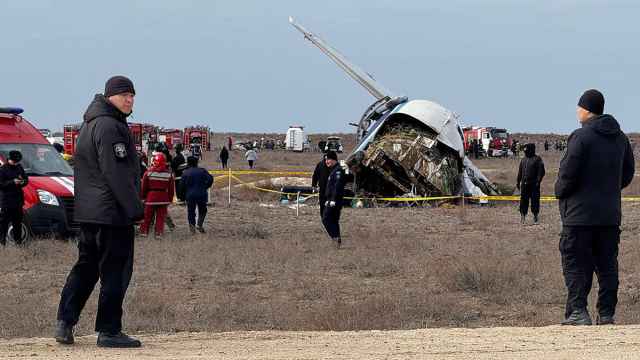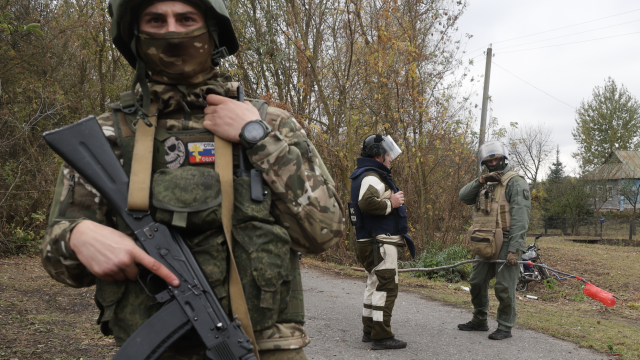ANCHORAGE, Alaska — A fuel-laden Russian tanker and its U.S. Coast Guard escort struggled through treacherous, ice-choked seas to reach the frozen Alaskan port of Nome with an emergency gasoline and diesel delivery, Coast Guard and shipping officials said.
The unusual mission to ice-bound Nome, now facing a fuel shortage, is the first attempt at a marine delivery of fuel to western Alaska in winter.
It was organized last month after the city missed its last scheduled barge delivery of fuel, which had been slated to arrive in the fall.
The cancellation was blamed on bad weather, including the worst storm to hit Alaska’s northwest coast in several decades.
As of Wednesday evening, Moscow time, the Russian ice-class tanker Renda, carrying 4.9 million liters of gasoline and diesel fuel, and the Coast Guard’s only functioning icebreaker, the cutter Healy, were plying the Bering Sea about 160 kilometers south of Nome, said Stacey Smith, manager of the Anchorage-based Vitus Marine company that chartered the Russian vessel.
After traveling a combined 109 kilometers on Sunday and Monday, the two ships actually “lost a little bit of ground” on Tuesday as shifting ice pushed the vessels back, Smith said.
It remained unclear when the ships would reach Nome, a city of 3,600, she said.
“That’s the question of the hour. Nobody’s able to answer that as of yet,” she said. “Each day is very, very different.”
Bringing the Renda and Healy to port is only “half of our mission,” Coast Guard spokesman David Mosley said. “We’ve got to get two ships to Nome, then we’ve got to ensure the safe transfer of oil. ... And then we have to get both ships back out to the open water.”
“It’s day by day. They say ice-breaking is an exercise in patience,” he said.
The fuel delivery attempt coincides with other efforts to cope with extreme winter weather around Alaska.
Successive storms have hammered communities along the Gulf of Alaska coast in the southern part of the state, including Anchorage, the Prince William Sound village of Cordova and the island fishing port of Kodiak, where some boats in the harbor sank after being overloaded with snow.
Avalanche dangers were heightened in much of the region, with strong winds and warming weather hitting the Chugach Mountains, state and local officials said.
In Cordova, which typically receives 250 centimeters of snow, accumulations since November have already reached more than 447 centimeters, interspersed with rain.
National Guard crews were sent by the state to help residents dig out, and Coast Guard crewmen also pitched in to clear snow from city docks. Anchorage, Alaska’s largest city, is on track for a record snowfall year, according to the National Weather Service.
Avalanches and blowing snow forced day-long closures of the sole highway leading south of Anchorage, temporarily isolating the ski-resort town of Girdwood and the tunnel that is the only road access to the small Prince William Sound port of Whittier.
A Message from The Moscow Times:
Dear readers,
We are facing unprecedented challenges. Russia's Prosecutor General's Office has designated The Moscow Times as an "undesirable" organization, criminalizing our work and putting our staff at risk of prosecution. This follows our earlier unjust labeling as a "foreign agent."
These actions are direct attempts to silence independent journalism in Russia. The authorities claim our work "discredits the decisions of the Russian leadership." We see things differently: we strive to provide accurate, unbiased reporting on Russia.
We, the journalists of The Moscow Times, refuse to be silenced. But to continue our work, we need your help.
Your support, no matter how small, makes a world of difference. If you can, please support us monthly starting from just $2. It's quick to set up, and every contribution makes a significant impact.
By supporting The Moscow Times, you're defending open, independent journalism in the face of repression. Thank you for standing with us.
Remind me later.






